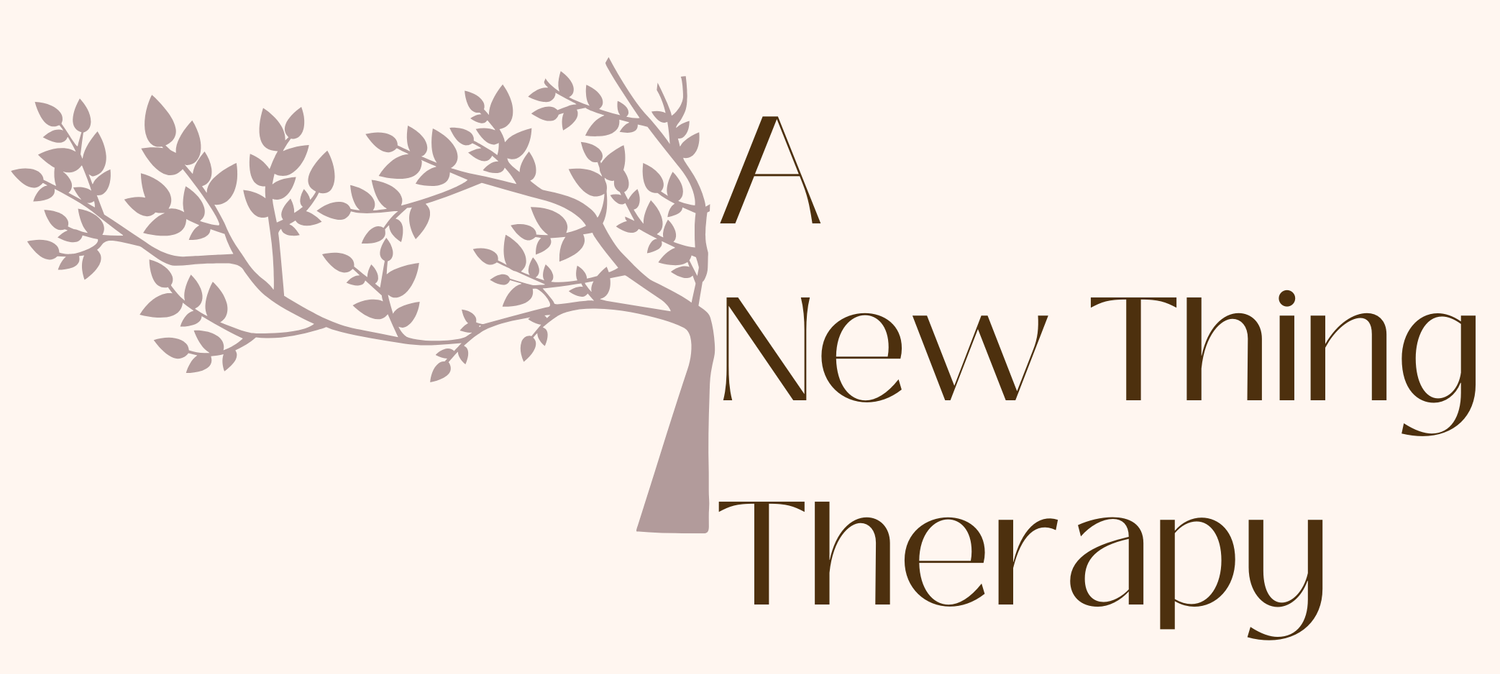Intent VS. Impact
Intent versus Impact: Understanding the Difference In Relationships
Have you ever been hurt or offended by someone and heard them say phrases like, “That wasn’t my intention,” “You took it the wrong way,” or “I would never do that on purpose”? While these words may be well-meaning, they often don’t console us or address the hurt we’ve experienced. Even when we know the person had good intentions, we can still feel pain. But why is that?
This is the difference between intention and impact. Someone can have the best intentions in the world, but that doesn’t necessarily lessen the sting of their words or actions. It still has a significant impact. Intentions alone rarely ease the pain, especially if the hurt isn’t acknowledged first. If we don’t feel like the person understands the impact their behavior had on us, their good intentions may fall flat.
Take this example: imagine someone is running down the street with the intent of going around you, but they accidentally knock you over. You scrape your knees and elbows and start bleeding. If the person simply says, “I didn’t do it on purpose, it wasn’t my intention to knock you down,” and keeps running past you, does that make you feel any better? Most likely not. In that moment, it may feel like you’re unimportant, abandoned, and like there really was no care or remorse for what happened to you. The person didn’t stop to ask if you were okay, apologize, assist you off the ground or help you bandage up. That feeling of being dismissed or uncared for is what hurts—often more than the initial impact. This sounds horrible, right? Sadly, we do this frequently with our partners, family members, and loved ones. We focus on our intentions and fail to recognize the impact of our actions and words.
The Need for Care and Connection
Can you recall a time when this happened to you? If it stands out in your memory, it likely had a significant impact. Now, imagine how different it would have felt to be acknowledged in your hurt, with someone by your side. As humans, we have an innate need to matter and to feel like our emotions are important enough for someone to care.
Dr. Gabor Maté once said, “Children don’t get traumatized because they are hurt; they get traumatized because they are alone with the hurt.” This truth applies to adults as well. Emotional connection and validation are essential to our well-being.
From an evolutionary perspective, social connections are critical to survival. Maslow’s hierarchy of needs theory suggests that after our basic physiological and safety needs are met, we seek psychological needs such as belonging, love, and recognition. These contribute to our sense of self-worth and emotional health.
Christian Perspective
In Christianity, we are seen as relational beings, created for connection with a relational God (Father, Son, holy Spirit=relationship). So, we were not wired to be separated and alone, it’s ingrained in our very human nature to be emotionally and physically connected. Acts 17:28 reminds us, “For in Him we live and move and have our being.” Those impacts or injuries can lead to disconnection if not handled properly with presence (being with) and empathy (feeling with).
The Importance of Acknowledging Impact
So, the next time you’re tempted to respond by explaining your intentions, pause. Be curious about the impact of your actions. Acknowledge the hurt and show you care. This simple shift can make a profound difference in your relationships.
